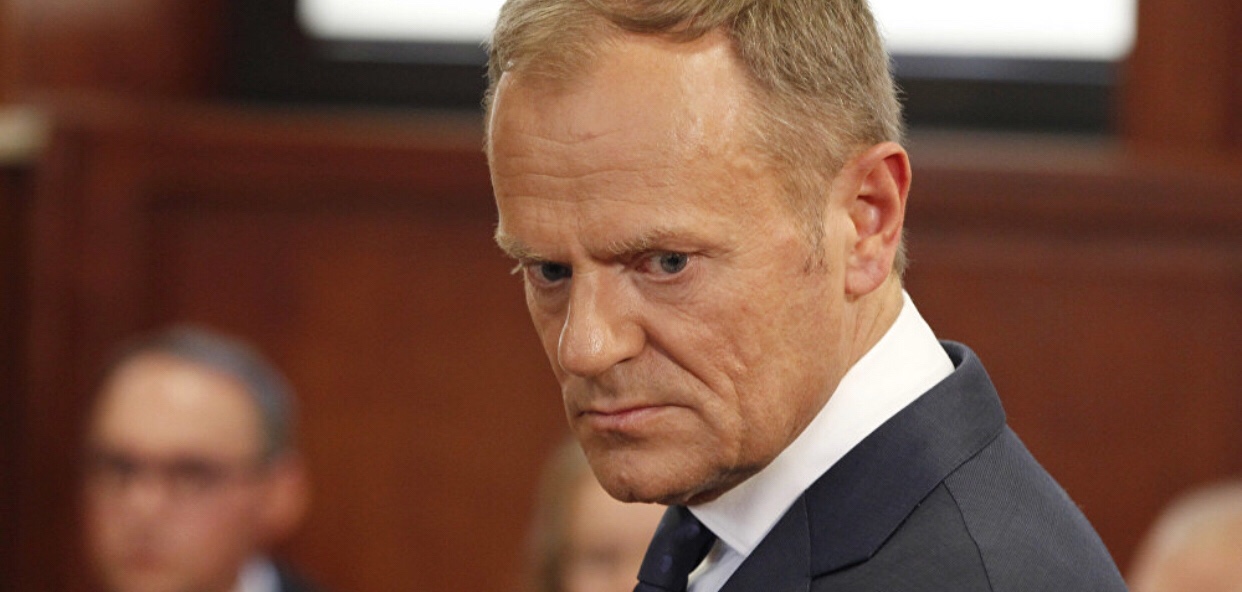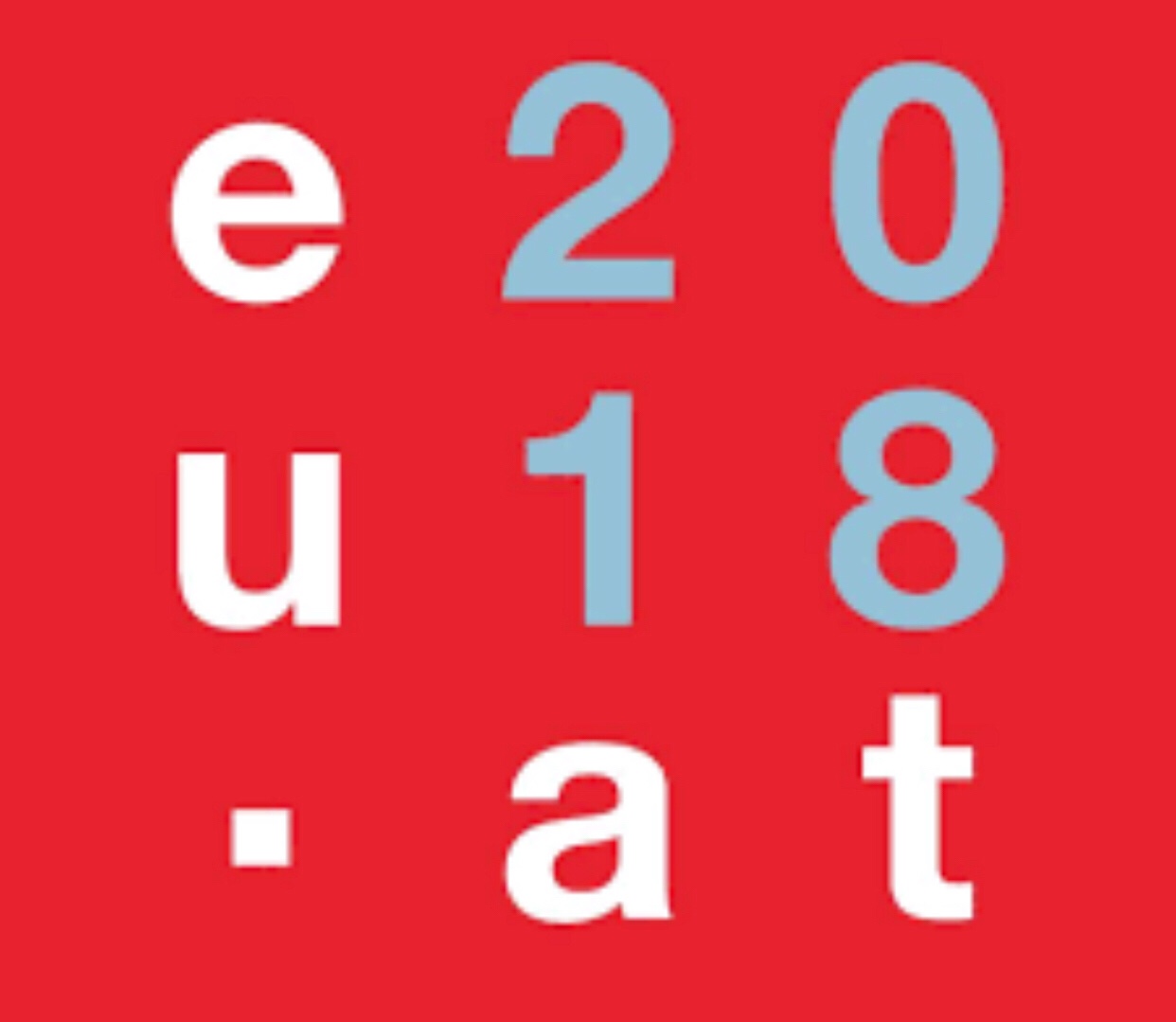UK plans for trade and Irish border need to be reworked, says Tusk
Donald Tusk yesterday said that Theresa May’s Chequers proposals for dealing with the Irish border and future trade relations after Brexit will need to be “reworked and further negotiated” in a sign of how far the UK and EU are from resolving the most fraught issues in the divorce talks.
Opening the EU summit in Salzburg, Tusk, the European council president, said the Brexit talks were entering a decisive phase and that “various scenarios” were still possible – a clear hint that no-deal remained a possibility if no acceptable resolution to the negotiations could be reached.

Tusk said that some of May’s Chequers proposals “indicated positive evolution” and highlighted the “among other things, the readiness to cooperate on security and foreign policy”.
But in a blow to the British prime minister the EU leader said that was not the case “on other issues, such as the Irish question, or the framework for economic co-operation, where the UK proposals will need to be reworked and further negotiated”.
Tusk confirmed there would be a special European summit in November, which is intended to be when Brexit negotiations end, and tried to add a note of urgency in conclusion, saying: “There is more hope but there is surely less and less time, every day left we must use for talks.”
At the Salzburg summit May will reject the revised Irish backstop border proposals of Michel Barnier, the EU’s chief negotiator, because the EU is still insisting on customs checks in the Irish Sea if the two sides cannot strike a free trade agreement after Brexit.

The prime minister foreshadowed the argument she will make to the other EU leaders over dinner on Wednesday evening in an article in Die Welt, which said the proposed backstop was unacceptable because it did not respect “the constitutional and economic integrity of the UK”.
She will arrive in Salzburg on Wednesday afternoon at an informal EU council during which she will address Brexit over dinner; EU leaders will discuss the issue again at lunch on Thursday in her absence.
Hours before she arrived however, the former Brexit secretary, David Davis, released remarks from a speech he will give in Munich on Thursday, in which he says the prime minister’s Chequers plan did not fulfil the will of the British people and that May had crossed a series of “red lines”.
“We have been told that the Chequers proposal fulfils what the British people voted for. Well, I am afraid I simply do not buy that,” Davis is to say. “Fifty-two per cent of British voters oppose the proposals. Only 18% approve. It is quite remarkable for a government policy to be that unpopular.
“At Lancaster and Mansion House [where May gave keynote Brexit speeches] the prime minister promised to return control over our law, our money and our borders. These promises were in [the Conservative] manifesto too. But the Chequers plan crosses on all of those red lines. The EU is often correctly described as having a democratic deficit. But Chequers is devoid of democracy altogether.”
The former minister, who resigned when May promised to impose Chequers, will say in a speech to a German thinktank that “many of us will shortly be presenting an alternative plan which will outline a more ambitious vision” and said that the UK and Europe would be better off if they engaged in friendly economic competition.
In Salzburg, the prime minister will also hold bilateral meetings on Thursday with the Tusk, and the Irish taoiseach, Leo Varadkar, as she seeks to end the impasse over the future of the UK’s only land border.
On Tuesday, Barnier said he was making revised proposals as part of an attempt to “de-dramatise” the issue, and tried to downplay them by describing them as “a set of technical checks and controls”, insisting that the EU respected the territorial integrity of the UK.
Source: The Guardian
You must be logged in to post a comment.